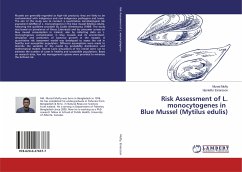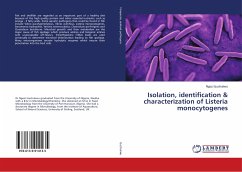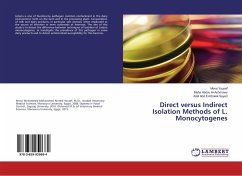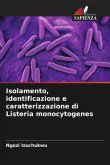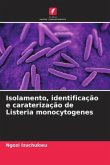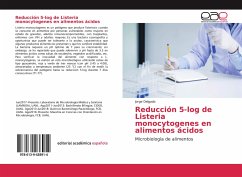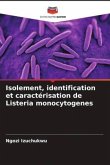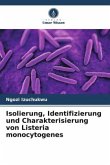Mussels are generally regarded as high-risk products; they are likely to be contaminated with indigenous and non-indigenous pathogens and toxins. The aim of this study was to conduct a quantitative microbiological risk assessment (QMRA) of L. monocytogenes in the blue mussel (Mytilus edulis), following the guideline provided by Codex Alimentarius (1999). The study was based on prevalence of illness (Listeriosis) and by consumer survey on blue mussel consumption in Iceland, also by collecting data on L. monocytogenes contamination in blue mussels and its environment, simulation and prediction of bacterial growth in the mussels. A quantitative risk assessment model was developed to assess the risk in healthy and susceptible population. Different assumptions were made to describe the variables of the model by probability distribution and mathematical models. Monte Carlo simulations of the model were run to estimate the number of cases in healthy and susceptible populations. Bases onresearch data, few risk management options were provided to minimize the defined risk.

